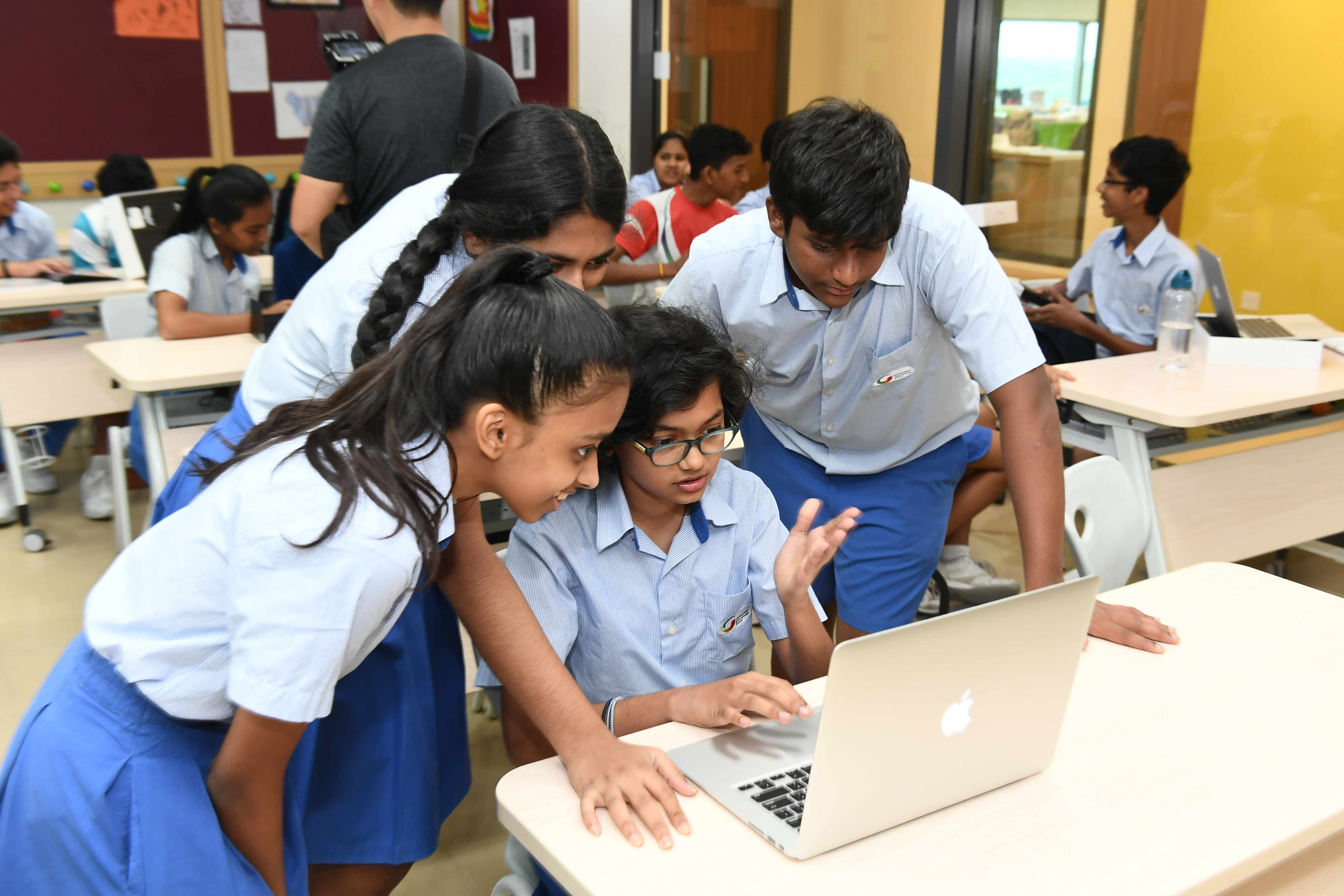Information Communication Technology skills, or ICT, are a critical part of daily life today. Not only does every employee across nearly every industry has to utilise digital skills in order to accomplish their daily tasks, but students of all ages have to develop these skills in order to complete their coursework. Digitalisation has had an all-encompassing impact on our society, which is why it's imperative that students hone their ICT skills throughout their entire educational journey.
What should the students be well-versed in ICT skills?
As recently as 10 or 15 years ago, students used mostly traditional resources and conventional learning materials to complete their education. They knew that digital skills would be required when they entered the workforce, but for the most part, they would be able to pick up those skills along the way.
In today's modern era of inter-connectivity and mobile technology, students no longer have the option of learning the digital world after they have completed their education. ICT skills must be an integral part of their curriculum. Early learners need to have access to technological resources that allow them to become proficient in all ICT skills, as they will be needed in the higher levels of their education and in their careers.
Teaching ICT in Schools: The Top ICT Skills for Students to Master
- Online Collaborate Tools — In a school with an inquiry-based curriculum, students are going to be working frequently as a team or as a group. Collaboration is critical in the 21st century, and it no longer happens exclusively in the physical sphere. Students should have the opportunity to work with online collaboration tools and apps, such as Trello or Slack. This allows them to complete their work in a timely and efficient manner, all while using the technology that adults work with on a daily basis. When they are well-versed in the leading online collaboration tools, they will be better prepared for life beyond the classroom.
- Coding — Across all industries, coding, artificial intelligence and robotics are being used to streamline processes and produce better results. Every student should have access to technological tools that allow them to learn the basic concepts of coding, and to progressively work toward more complex projects that involve coding, artificial intelligence and robotics. The world will continue to move toward these technologies, and students will need to keep practising their coding skills in order to remain relevant in the competitive global economy.
- IT Security and Safety Skills — While students are required to manoeuvre through the digital world during their formative years, it's important to remember that this is a vulnerable and dangerous space for them at times. Regardless of the type of technology that a student is working with, an experienced adult who is proficient in all ICT skills should be nearby to help keep them safe. Students should learn about the importance of digital responsibility and online safety. As they develop their ICT skills, they should also be developing their IT security and safety skills. Remaining aware and vigilant at all times is key for both students and their instructors.
- Multimedia Content Curation — Multimedia content, such as videos or infographics, is in high demand. Students need to have hands-on opportunities to create and edit multimedia content, and they should learn when it is most appropriate to use this type of content to convey their point. Videos, in particular, are becoming more popular. Most online users find videos to be the most engaging type of content online, so it's especially important that students have the opportunity to create videos, edit the content and share it in a safe online space.
- Mobile Technology Use — Technological devices, such as smartphones and tablets, are used almost exclusively by people across all age groups and in all professional industries. Students must feel comfortable using these devices and must have the opportunity to learn how to use this technology in a quick and effective manner. When students can quickly navigate these devices and use the available tools, they will save time and deliver better results. It is also imperative that students work with these devices in a safe, controlled environment where they can learn about digital responsibility.
To be in the league of progressive schools, GlIS provides its students with the platform that they need to become proficient in the top ICT skills. Students are introduced to STEM concepts like ROBOTICS and coding since as early as Kindergarten. The NextGen facilities like Digital Classrooms, technology like Zoom for online meetings and collaboration, sate-of-the-art skill-based studios and so on help the students in becoming hands-on and fluent with the latest technology.
As a result, GIIS students successfully take-on the challenges as and when they grow and participate in public platforms or take on assignments as part of their higher studies in future.
Watch this video to experience the Digital classrooms at GIIS SMART Campus.



